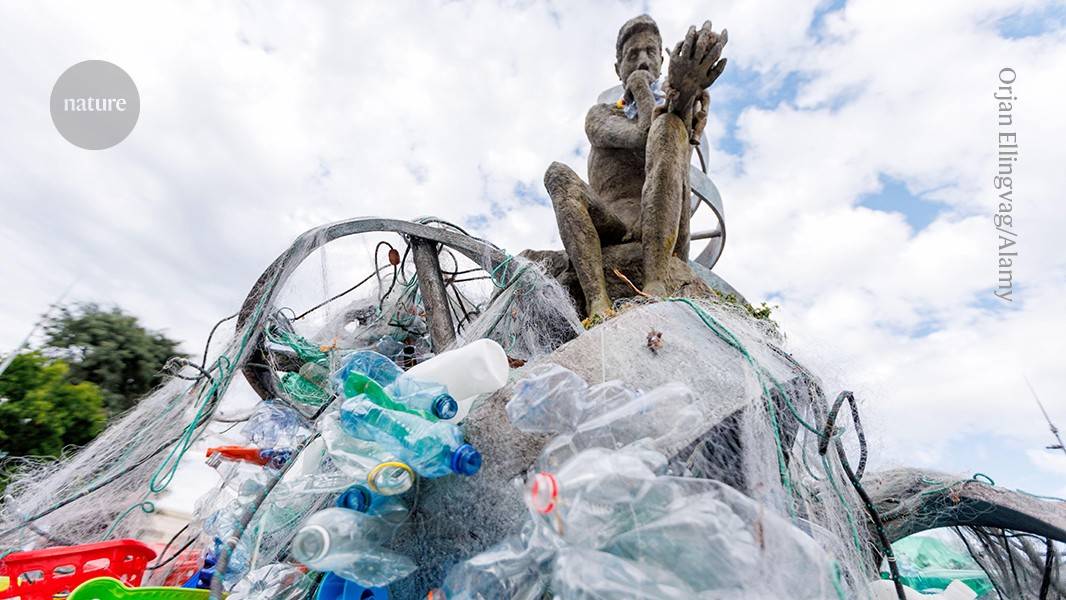
"On 15 August in Geneva, Switzerland, a fifth round of negotiations towards a multilateral treaty on reducing plastic pollution collapsed. The chair announced that the committee had concluded its work - without producing a draft treaty. Governments had failed to agree on the proposed articles of the convention; no further negotiations were being suggested. This failure reveals a weakness in all environmental treaty negotiations, whether new or existing ones: a consensus-driven process waters down action to the lowest common denominator."
"The result is much action without impact. Yet this ineffective method continues - a situation we characterize as 'institutional paralysis'. What's needed is to make international organizations capable of imagining and doing things differently. That requires more research on politics and governance, and that institutions make better use of the knowledge generated by that research. To overcome this paralysis, at least in the environmental arena, we propose establishing a standing process, mandated by governments, to evaluate the state of global environmental treaties and related bodies."
"Its role would be to assess their fitness, both individually and collectively; identify what is and is not working and why; and provide actionable recommendations to the United Nations for reforming them. Frozen institutions International environmental institutions resemble deer frozen in headlights: acutely aware of an impending crisis, yet incapable of meaningful movement. The UN Framework Convention on Climate Change elevates urgency, but even implementing its current pledges fully would fall short of avoiding dangerous climate change."
Negotiations for a global plastics treaty collapsed when governments could not agree, exposing a broader problem in environmental diplomacy. Consensus-driven processes dilute commitments and focus on symptoms rather than root causes, producing much activity with little impact. Institutional paralysis prevents international organizations from responding effectively to escalating environmental crises. Addressing the paralysis requires more research on politics and governance and better institutional uptake of that knowledge. A standing, government-mandated review process should evaluate treaty fitness, identify failures and causes, and deliver actionable recommendations to the United Nations for reform and improved collective effectiveness.
Read at Nature
Unable to calculate read time
Collection
[
|
...
]